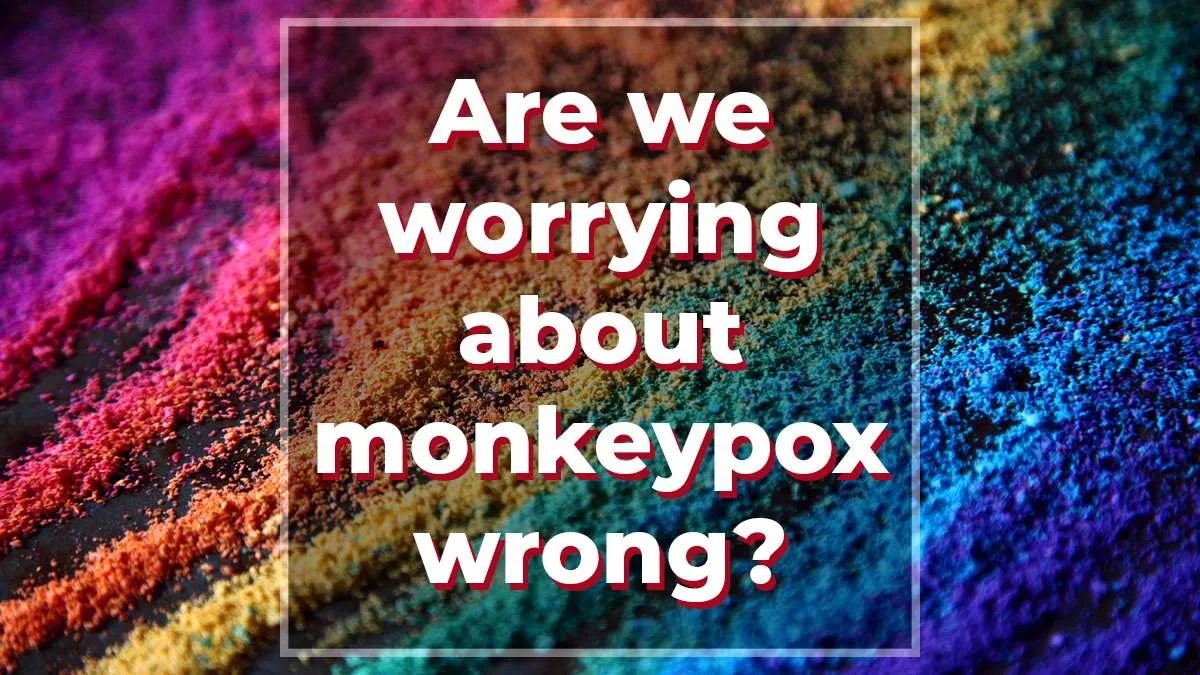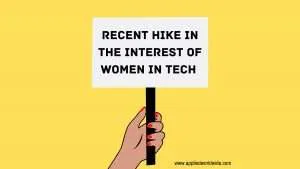Without a doubt, COVID-19 has changed the way we think about public health and disease prevention. The lessons we have (or haven’t) learned reemerge as we see new disease outbreaks. What has become clear in our expert opinions is that pandemic prevention must include stigma and violence prevention.
In the U.S., the spread of COVID-19 was linked rhetorically to East Asians because of its origins in China. The U.S. saw a dramatic rise in hate crimes against Asian Americans regardless of nationality. The concern when linking demographic groups to the spread of disease is twofold: (1) stigma will complicate prevention efforts and (2) linking specific groups to diseases leaves them vulnerable to violence. COVID-19 offers one example of these concerns. We are concerned that the rhetoric surrounding monkeypox will lead to a second.
Monkeypox
While the World Health Organization (WHO) officially declared monkeypox a global health emergency on July 23rd, the discourse on the virus has been building for months. With headlines ranging from “WHO recommends gay and bisexual men limit sexual partners to reduce the spread of monkeypox” to “Monkeypox could spread well beyond communities of gay and bisexual men, WHO says,” the focus of that discourse is clearly directed toward one group: men who have sex with men (MSM).
If the obsession with transmission among MSM seems reminiscent of the HIV/AIDS epidemic of the 1980s, it’s because it is. When HIV/AIDS first started hitting the headlines, it was deemed a disease exclusive to gay men, drug users, and other marginalized groups. Decades later, that damaging discourse still has an overwhelming influence on the public perception of people with HIV/AIDS.
Stigma and Its Health Implications
It would be negligent to discuss MSM without acknowledging the stigma attached to their sexuality. When we add viruses like HIV and monkeypox into the mix, stigma becomes even more important. Social scientists have even gone far enough to call stigma a fundamental cause of health inequality. That means stigma has certain characteristics that allows it to persist as a root cause of population health inequality despite changes in other risk factors for poor health, such as individual behaviors and new medical technologies.
So, while some want to claim “Saying monkeypox is tearing through communities of queer men isn’t stigmatising – being afraid to say it is,” the truth is stigma is much more involved than what we say and its implications reach far beyond the headlines.
Time and again HIV/AIDS stigma is identified as a major barrier to effective responses, prevention, and access to treatment. If we continue to allow stigmatizing discourse on monkeypox to run rampant in the media, we risk the same pattern repeating itself—the group most affected by the virus also faces the most barriers to treatment, largely due to stigma. However, it’s important to note that MSM are not necessarily more at risk in terms of how it spreads, which, according to the CDC, is through any close, personal, or skin-to-skin contact.
Another risk also arises when stigma comes into play: violence. Researchers have found disclosure of sexual health status can be a catalyst for intimate partner violence (IPV). Beyond IPV, the LGBTQ+ community already faces heightened violence. We fear placing blame on MSM for the spread of monkeypox in the U.S. will only increase that violence.
Violence Prevention and Public Health
Both at the local and federal level it seemed no one was prepared for the dramatic increase in anti-Asian hate crimes following the global outbreak of COVID-19. Despite subsequent variants being linked to other countries, such as the U.K., we did not see those demographic groups targeted which suggests linkage to disease outbreak is insufficient to trigger violence – an additional marginalized status is necessary. This idea is supported by the fact that many of these hate crimes are tied to individuals who espouse white nationalist views.
As politicians in the U.S. embrace white nationalistic views and cast doubt on public health programs and vaccinations, they are left with fewer ways to frame public health crises. We have seen increasing references and calls for violent resistance on the right. The risk of violence increases as vaccine usage becomes increasingly politicized. If modern medicine and vaccination is not viewed as a viable solution to outbreaks of disease, then anti-vaccine politicians and pundits will need alternate frames for their base.
Because monkeypox has been linked to the LGBTQ community, a community already frequently targeted by the far right, we are poised for a rise in LGBTQ+ hate crimes. Increasingly the far right has been campaigning to remove LGBTQ+ materials and teachers from schools. As stated above, monkeypox is not transmitted only through sexual contact. In other areas the disease is common in children (in 80% of cases in the Democratic Republic of Congo were people under 15) and spread has been linked to child to child transmissions. As schools begin, outbreaks through (non-sexual) close contact among children are possible. The linkage of this disease to the LGBT+ community combined with the moral panics around child grooming and trans children is a recipe for violence.
Looking Ahead at the Future of Monkeypox
Monkey pox has faded from the headlines as the number of cases decline. While new cases are still being reported, the outbreak appears to have peaked in mid August and has since fallen by 40%. Efforts to distribute vaccines to high risk groups in combination with educational campaigns are partially responsible for the drop but the rapid mobilization of LGBT+ organizations and activists to reduce the spread and monitor the outbreak cannot be understated.
With decades of social research on stigma and public health in mind, if the U.S. wants to strengthen disease prevention and public health measures, then dispelling misinformation needs to be a national priority. Additionally, if the goal is to prevent all ill health-related outcomes when it comes to public health issues, efforts to address disease must take the potential for violence seriously. Protecting public health is not simply a matter of hand washing, preventing targeted violence is crucial.








